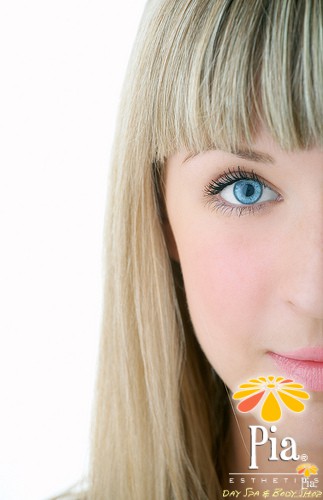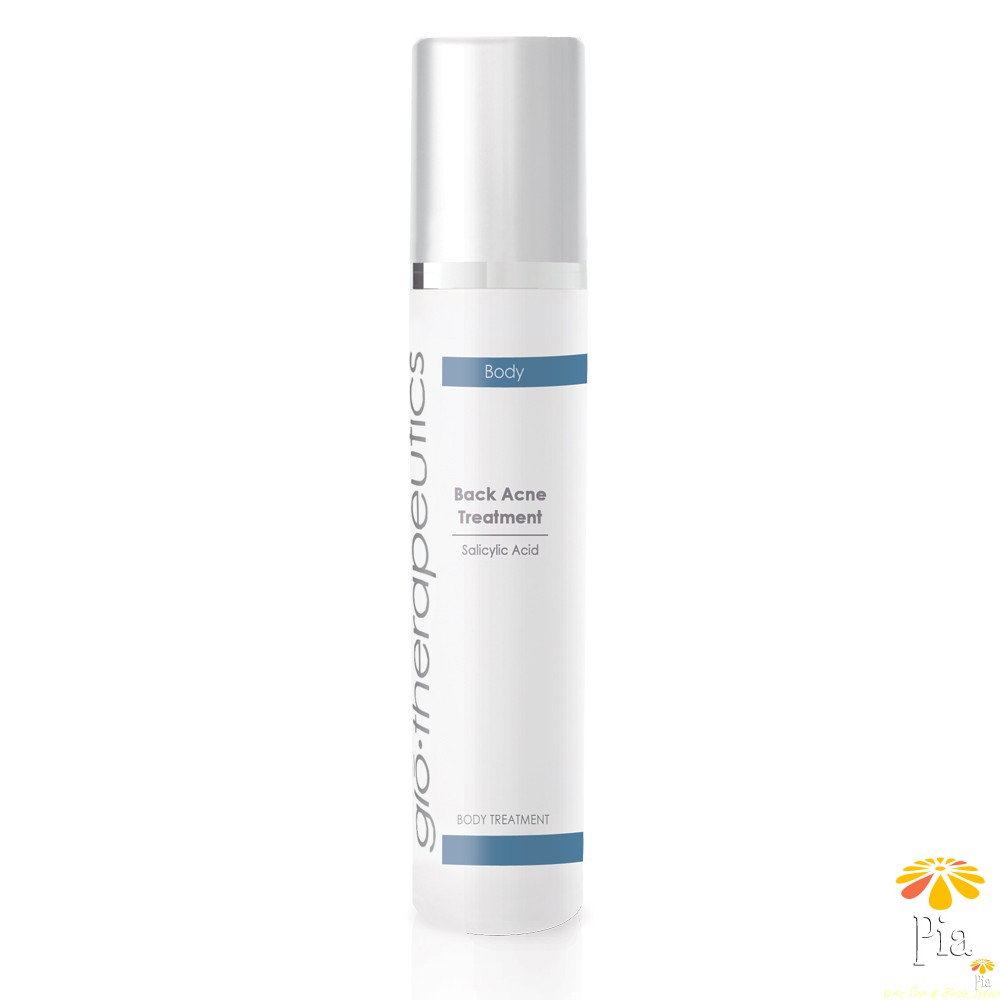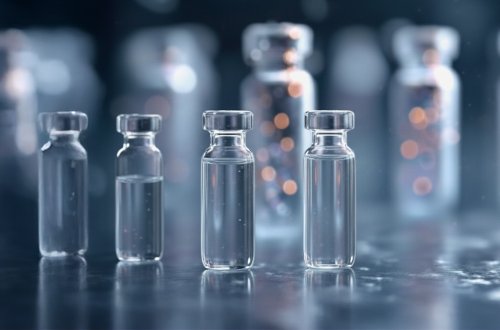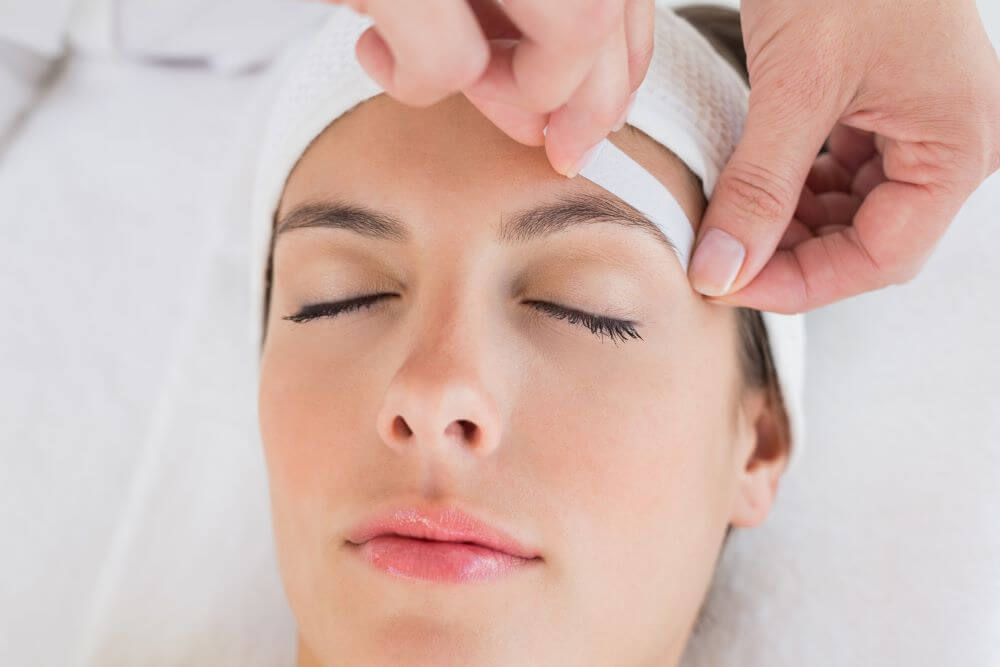Great skin isn’t only about what you put on your face.
It’s also about what you put on your plate.
Your skin is an organ. It reflects hydration, nutrients, and daily habits. Highly processed foods can trigger oil ups and slow cell turnover. The result is breakouts, dryness, and a dull look.
Good news. Simple shifts make a visible difference. Think water. Colorful produce. Healthy fats. Lean proteins. Antioxidants.
And when you pair smart food choices with targeted facials and treatments, results add up faster. At Pia Esthetics Day Spa in South Tampa, our skin care menu was built to boost clarity, smooth texture, and support radiance at every age.
If You’re Dealing With Acne

Focus on nutrients that calm oil, support healing, and keep pores clear.
Eat more:
Vitamin A–rich foods: sweet potatoes, carrots, spinach, kale, broccoli, bell peppers, cantaloupe
Tip: enjoy them with healthy fats like olive oil or avocado to support absorption.Zinc sources: turkey, lean beef, oysters, crab, ricotta, fortified whole-grain cereals.
Omega-3s: salmon, sardines, ground flaxseed, chia, walnuts.
Daily habits that help:
Drink water throughout the day.
Keep added sugar low.
Choose whole foods over ultra-processed snacks.
In-spa boosts:
Acne-clearing facials to deep clean and soothe.
Dermaplaning or microdermabrasion to sweep away buildup and smooth texture.
Blue-light add-ons when appropriate.
Explore acne-friendly facials and advanced exfoliation on our Skin Care menu.
If Your Skin Looks Dry Or Dull
Hydration + healthy fats are your best friends.
Eat more:
Omega-3s: salmon, trout, tuna, flaxseed, chia, canola oil.
Niacin (Vitamin B3): chicken, tuna, pork, whole-wheat bread, peanuts.
Biotin sources: eggs, avocado, salmon, sunflower seeds.
Daily habits that help:
Aim for steady water intake.
Limit long, hot showers that strip moisture.
Add a humidifier at home during peak AC months.
In-spa boosts:
Hydrating facials to plump and smooth.
Dermaplaning to lift dull surface cells for instant luminosity.
Microneedling to improve tone and texture over time.
See our facial options, including dermaplaning and microneedling.
If You’re Focused On Healthy Aging
Antioxidants and collagen support matter.
Eat more:
Vitamin C: strawberries, kiwi, citrus, red peppers, broccoli, pineapple.
Vitamin A: leafy greens, orange and yellow produce.
Vitamin E: almonds, sunflower seeds, spinach, tomatoes.
Polyphenols: green tea, berries, and a few squares of 70 percent dark chocolate.
Daily habits that help:
Wear broad-spectrum SPF every day.
Add protein at each meal to support collagen.
Prioritize consistent sleep.
In-spa boosts:
Collagen-supporting facials and professional exfoliation for a smoother look.
Microneedling to target fine lines and uneven tone.
Customized home care picked by your esthetician after your treatment.
Browse Skin Care and Spa Packages for easy pairings clients love in South Tampa.
A Simple “Tampa Day” Skin Food Guide
Morning
Water first thing.
Greek yogurt with berries and chia.
Green tea.
Lunch
Big salad with salmon or grilled chicken, olive oil, and colorful veggies.
Whole-grain side like quinoa or brown rice.
Snack
Apple slices and almond butter.
Or carrots and hummus.
Dinner
Baked fish or tofu, roasted sweet potatoes, and sautéed greens.
Cup of herbal or decaf green tea.
Weekend treat
A few squares of dark chocolate.
Plenty of water, especially in our heat.
Why Pair Nutrition With Professional Care At Pia
You get faster, more noticeable changes.
We customize each facial or treatment to your skin and goals.
Our team is known for careful technique and steady results across waxing, facials, massage, and more.
What clients say:
“Very professional and quick… Excellent staff.” Pia Esthetics Day Spa
FAQs Our Tampa Clients Ask
How do I choose the right facial?
Book a Perfecto Facial if you’re not sure. Your esthetician will assess your skin and adjust.
Can I book a package to stay on track?
Yes. Many clients choose facial or massage series to stay consistent.
What if I have questions before I book?
Our FAQs cover waxing, skin care, nails, and more, or call us, and we’ll help you plan.
Ready to see real change in your skin?
Eat well. Hydrate. Then let our estheticians do the rest.
Book now: bypia.com/booknow
Text: (813) 608-5516
Call: (813) 831-2418



